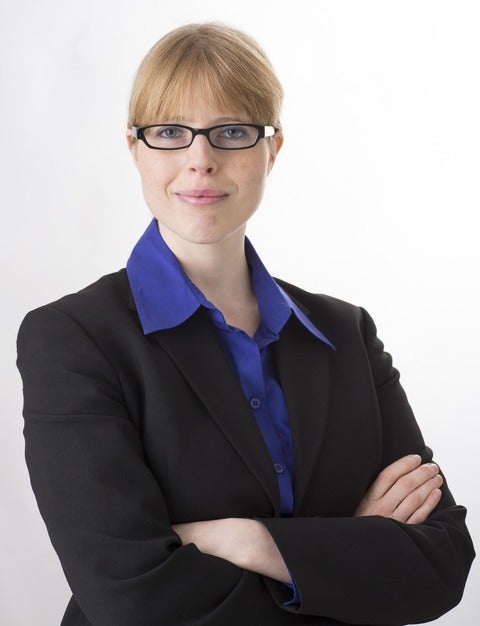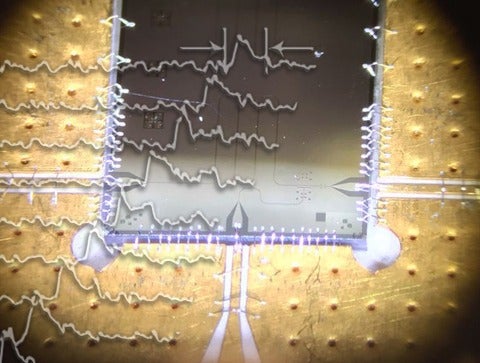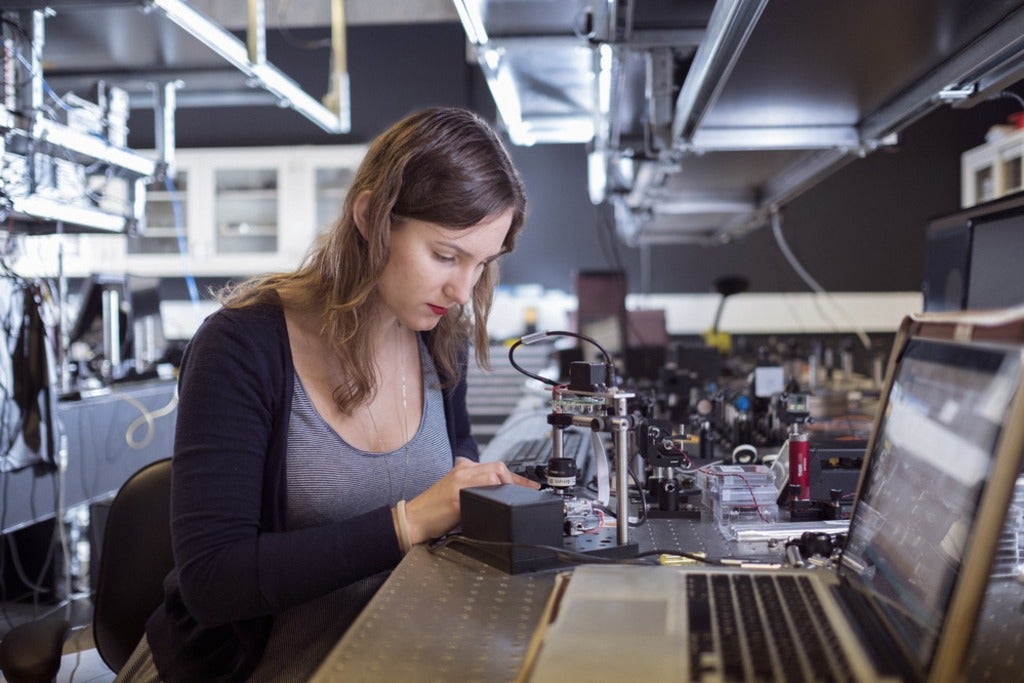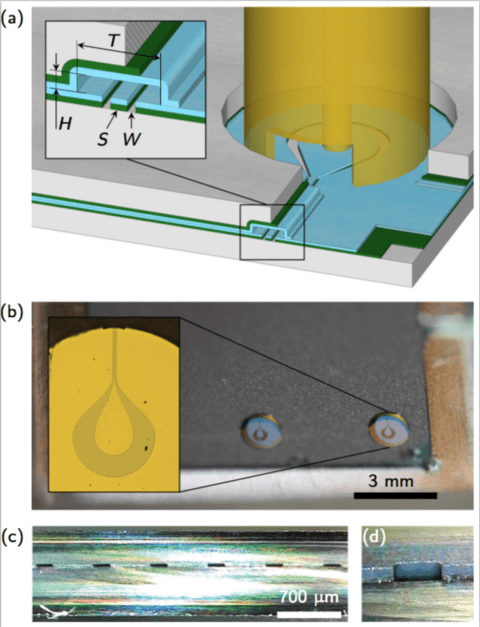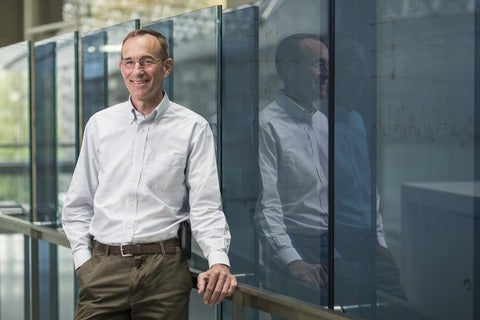CryptoWorks21 supported by RBC investment in cybersecurity research
The Royal Bank of Canada (RBC) is opening a cyber security lab and investing $1.78 million into research at the University of Waterloo to develop advanced cybersecurity and privacy tools, announced today.


